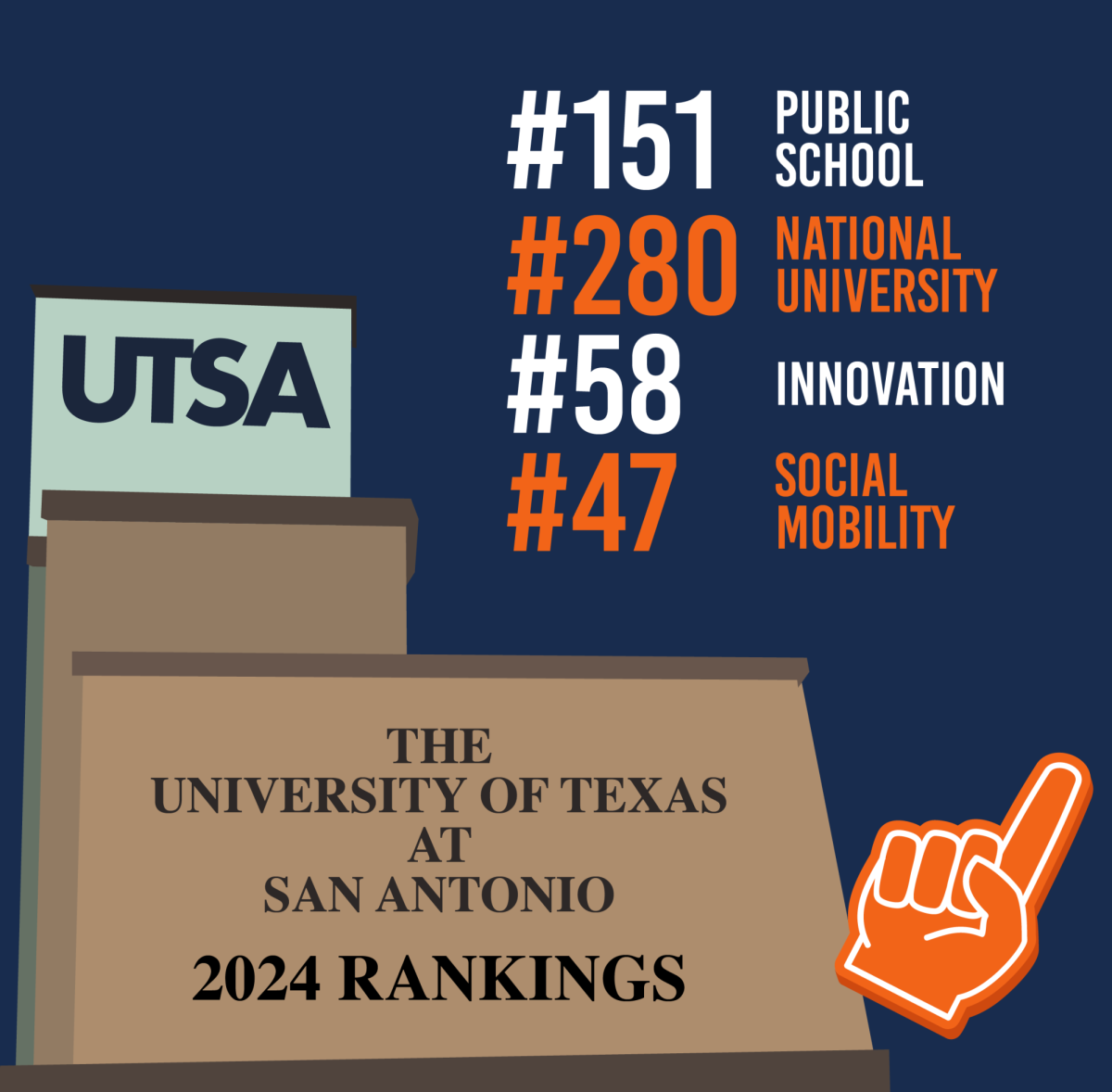
UTSA orientation leaders have been trained in bystander intervention — identifying a potentially dangerous situation, such as seeing someone slip drugs into someone else’s drink, and responding in a way that will positively affect the outcome.
The Associate Director of Student Affairs, Jarvis Clark, stated that the UT System gave a three-year grant to all of the UT schools to encourage their campus communities to be active bystanders. This initiative, called “Beaks up. Speak up.,” is focused on encouraging students, faculty and staff to “RECOGNIZE potential harm, CHOOSE to respond, and take ACTion.”
Its signature program “Beaks up. Speak up.’—Bringing in the Bystander—trains students in bystander intervention. In the 90-minute program that focuses on preventing sexual violence, students are taught which barriers prevent people from intervening in harmful situations, how to intervene in harmful situations themselves, and how to empathize with victims.
Associate Director of Counseling Services, Melissa F. Hernandez, said, “the purpose behind the initiative is to create a culture of responsibility and citizenship and create a safer campus.” Along with orientation leaders, all Student Affairs student workers and other students in the UTSA community are being trained in this program.
Clark believes that the “Beaks up. Speak up.” initiative will benefit students and the entire UTSA community by raising awareness about harmful situations that may require intervening for someone else.
“UTSA, through various departments and student organizations, offer resources, support and programming around risk education and how to help one another. ‘Beaks up. Speak up.’ is a way to bring all of those existing resources together and reinforce the idea that UTSA cares about its community and the safety of all who are within it,” said Clark.
Sophomore Isabella Beltri, a psychology major with a minor in general business administration, was an orientation leader last year and will be returning as a team leader this year. She was one of the students trained in the “Beaks up. Speak up.” initiative.
“We just recently had a session over bystander intervention and I really think the Orientation Leader Class, both old and new, benefitted from it,” Beltri said.
Beltri also stated that orientation leaders will be required to talk about bystander intervention during their team times and will also put on a skit for new students featuring different scenarios that happen in college, many of which have content about bystander intervention. After the skit, a panel of professionals will be available to the students to ask questions about bystander intervention and other content from the skit.
“Even though it’s for a brief moment,” Beltri said, “we hope that the message gets through to them.”





